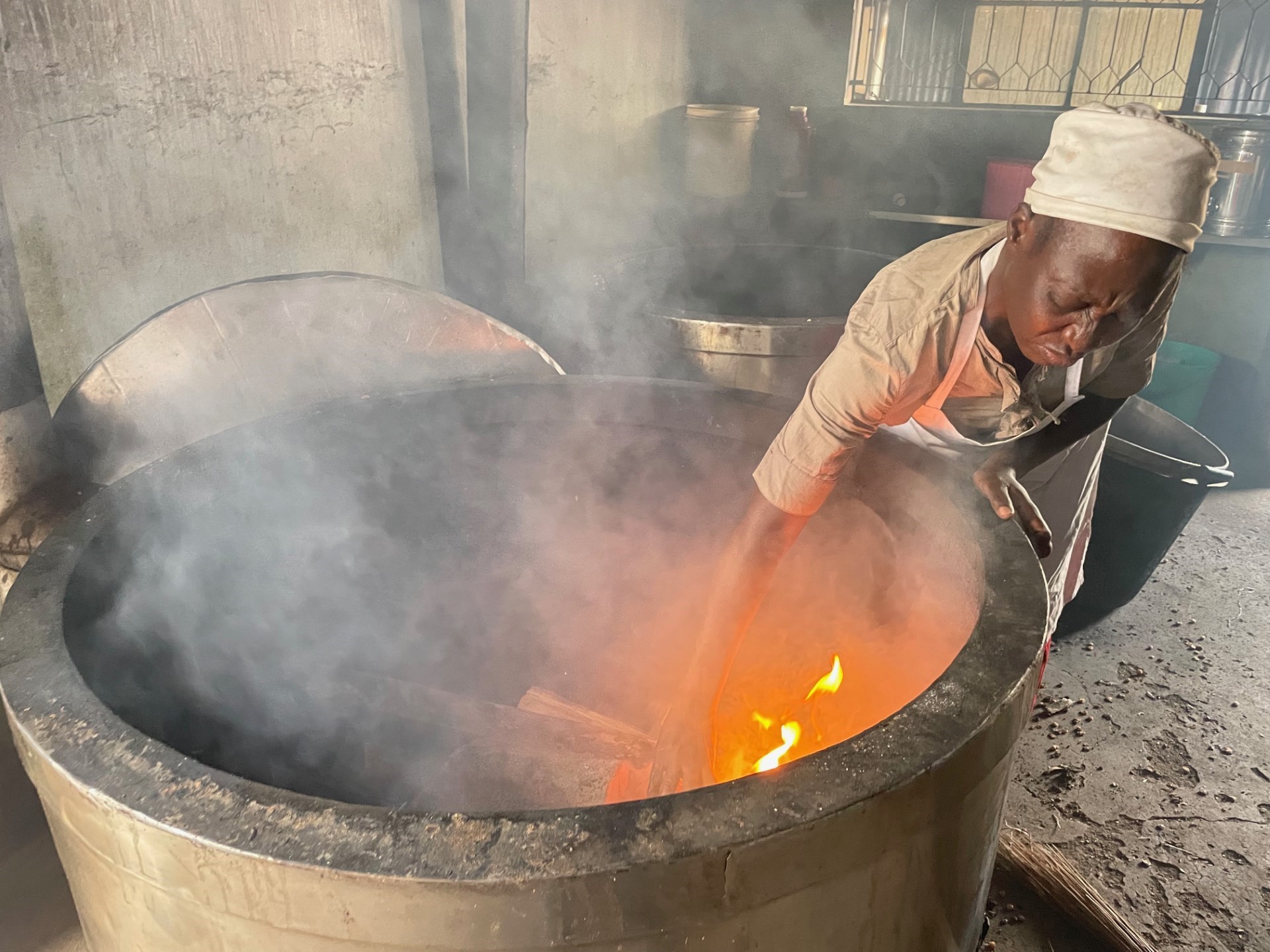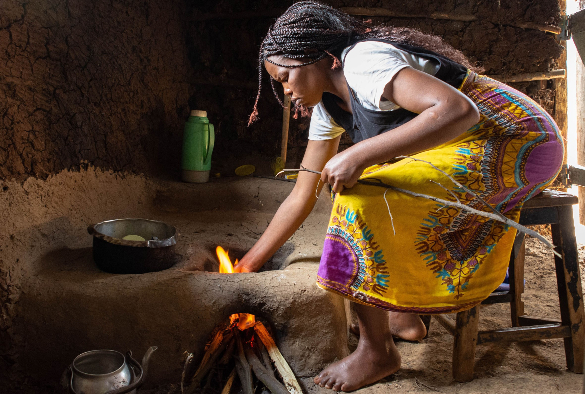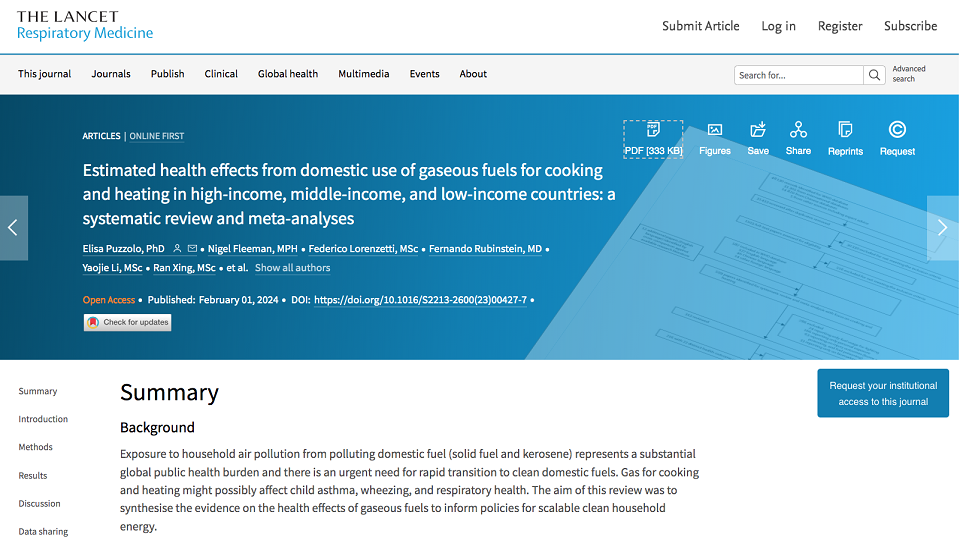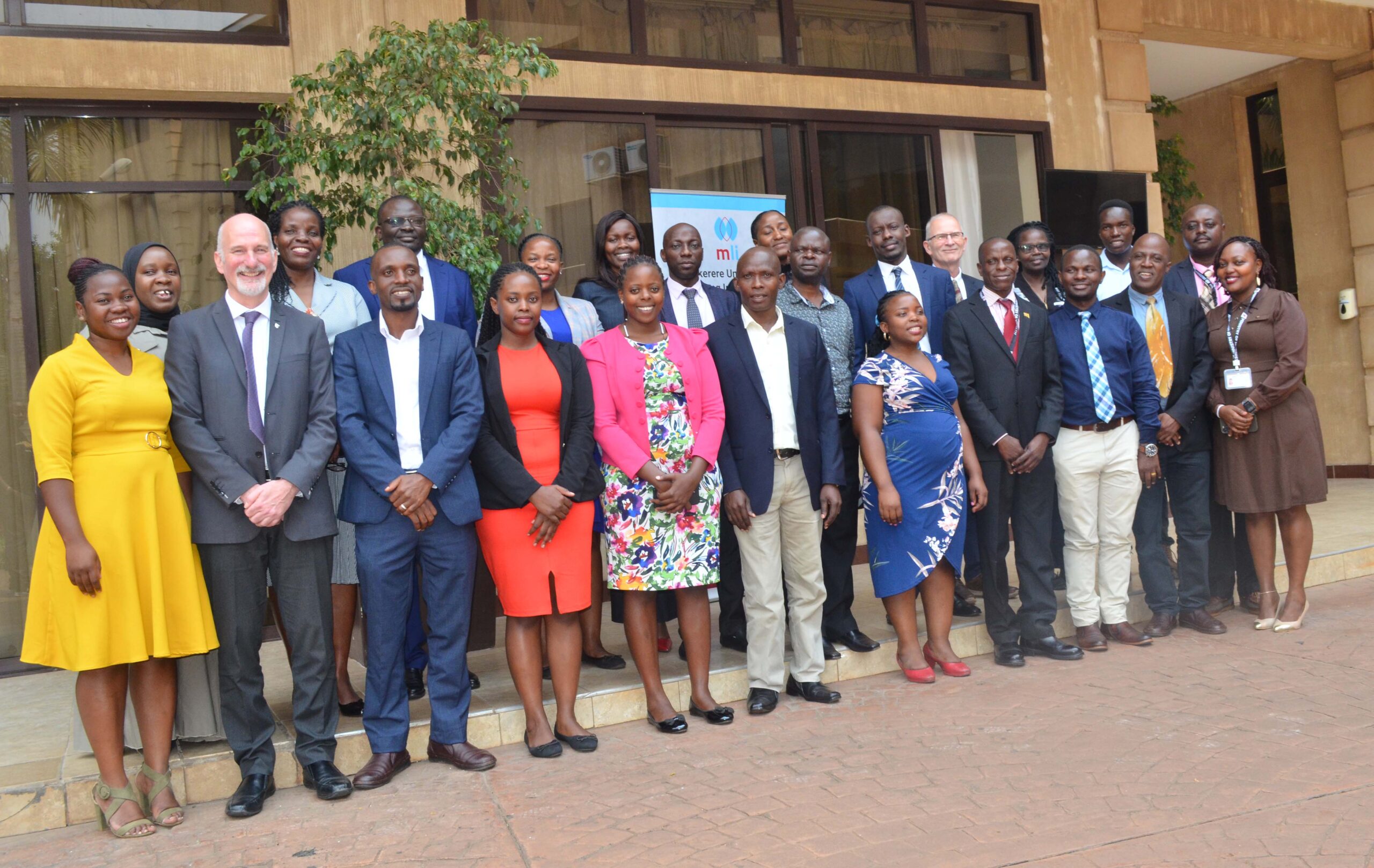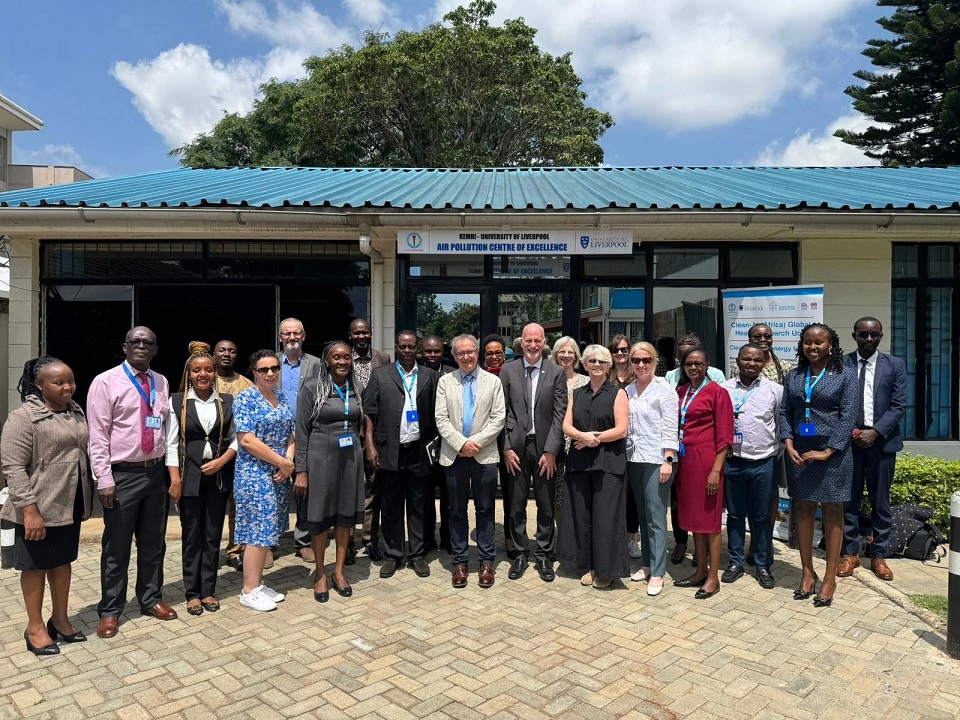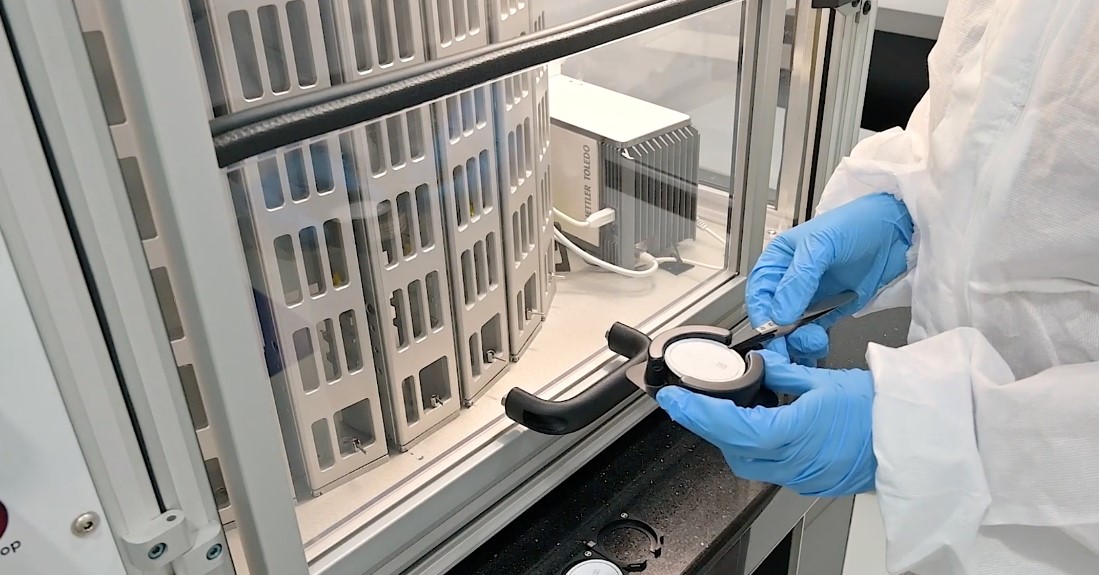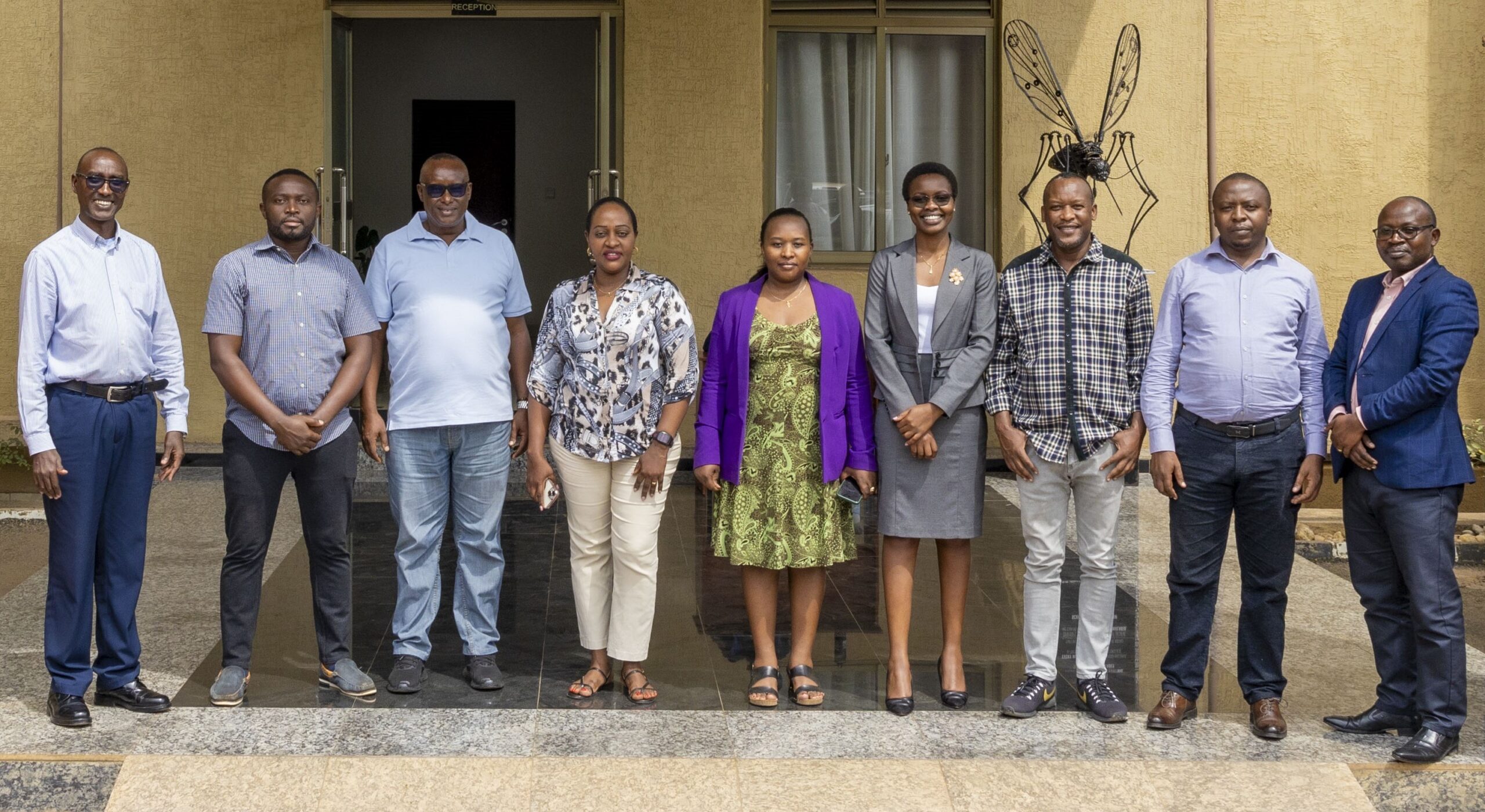
Raising population awareness on health impacts from exposure to household air pollution
In sub-Saharan Africa, raising population awareness on the health impacts from exposure to household air pollution and prevention through clean cooking, heating and lighting is essential in the drive to scale transition to clean modern energy.




